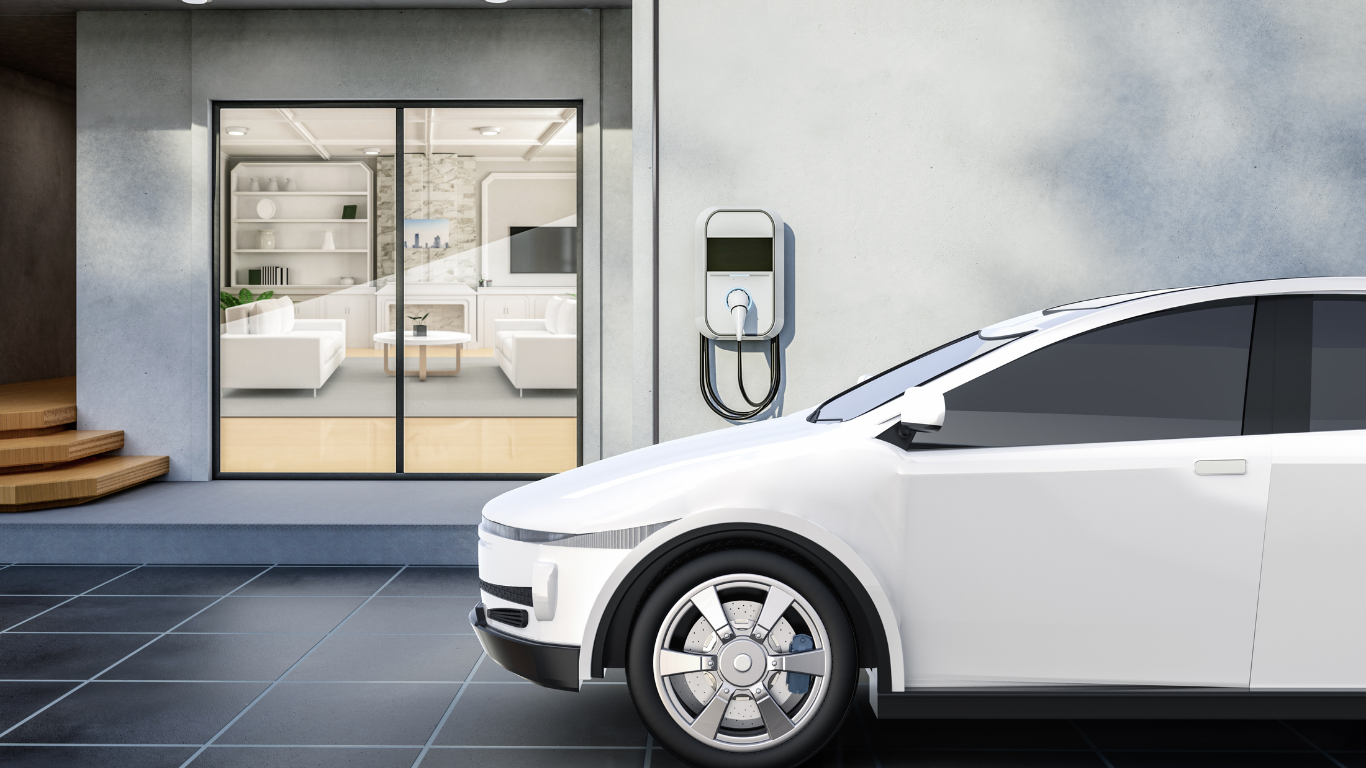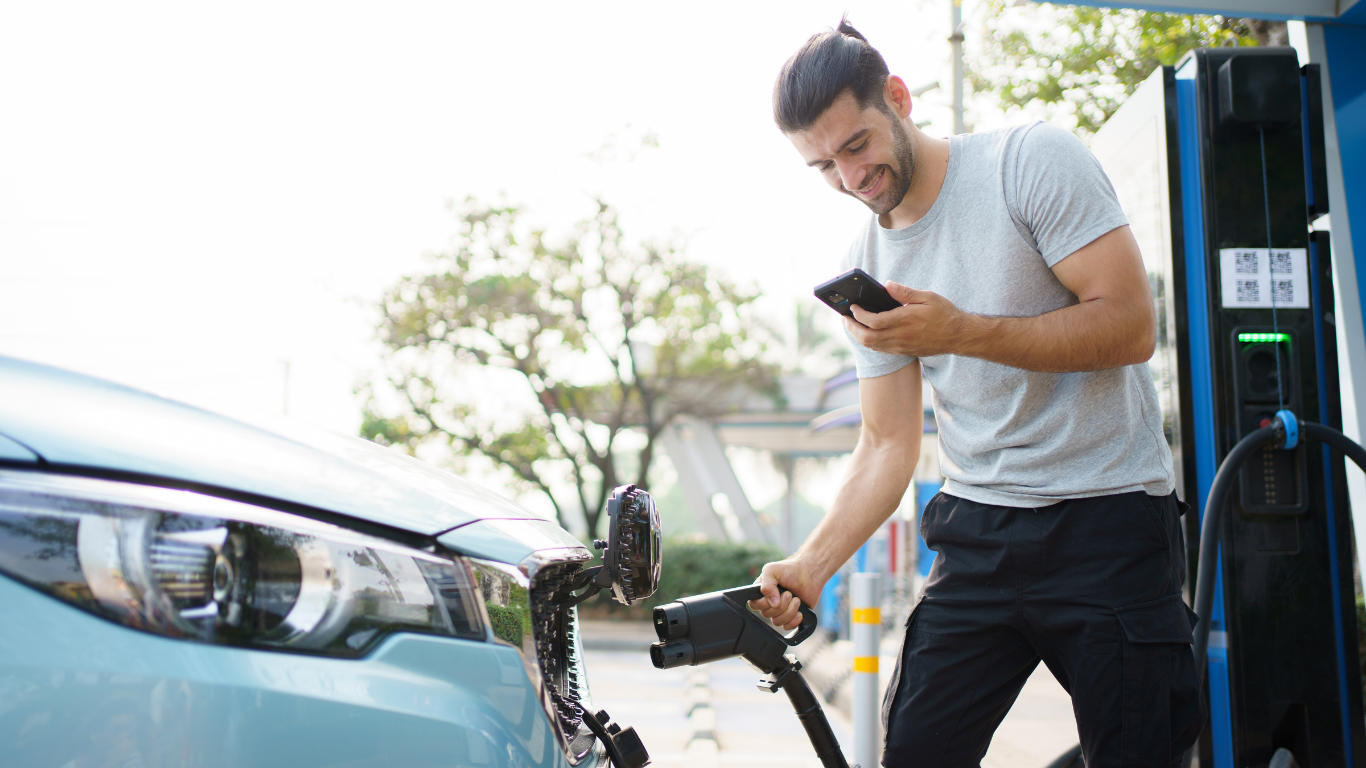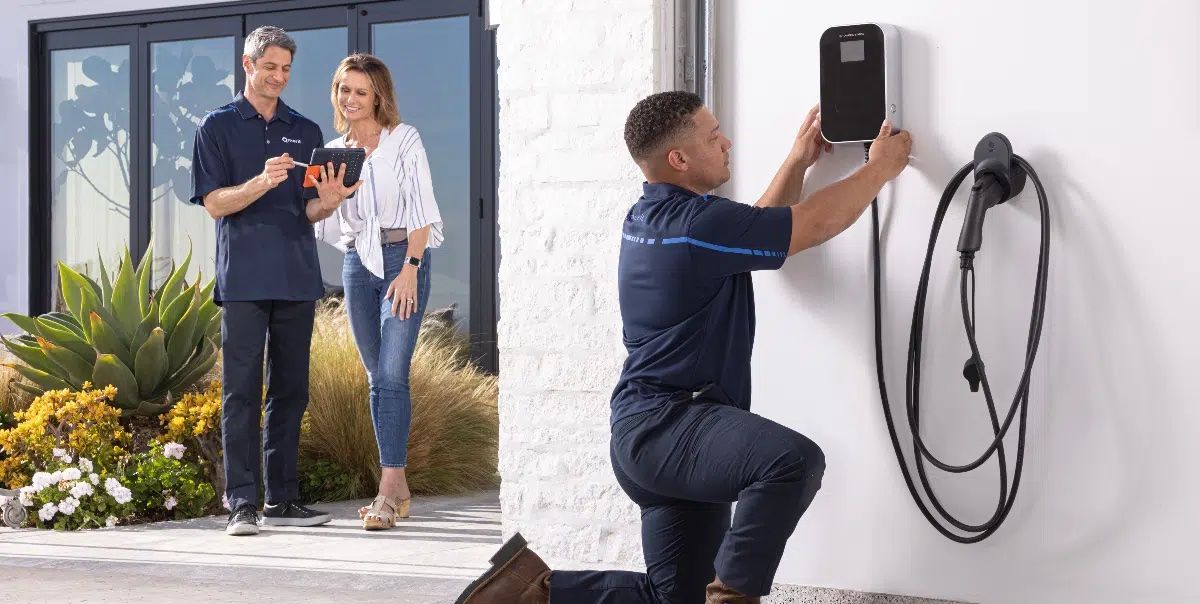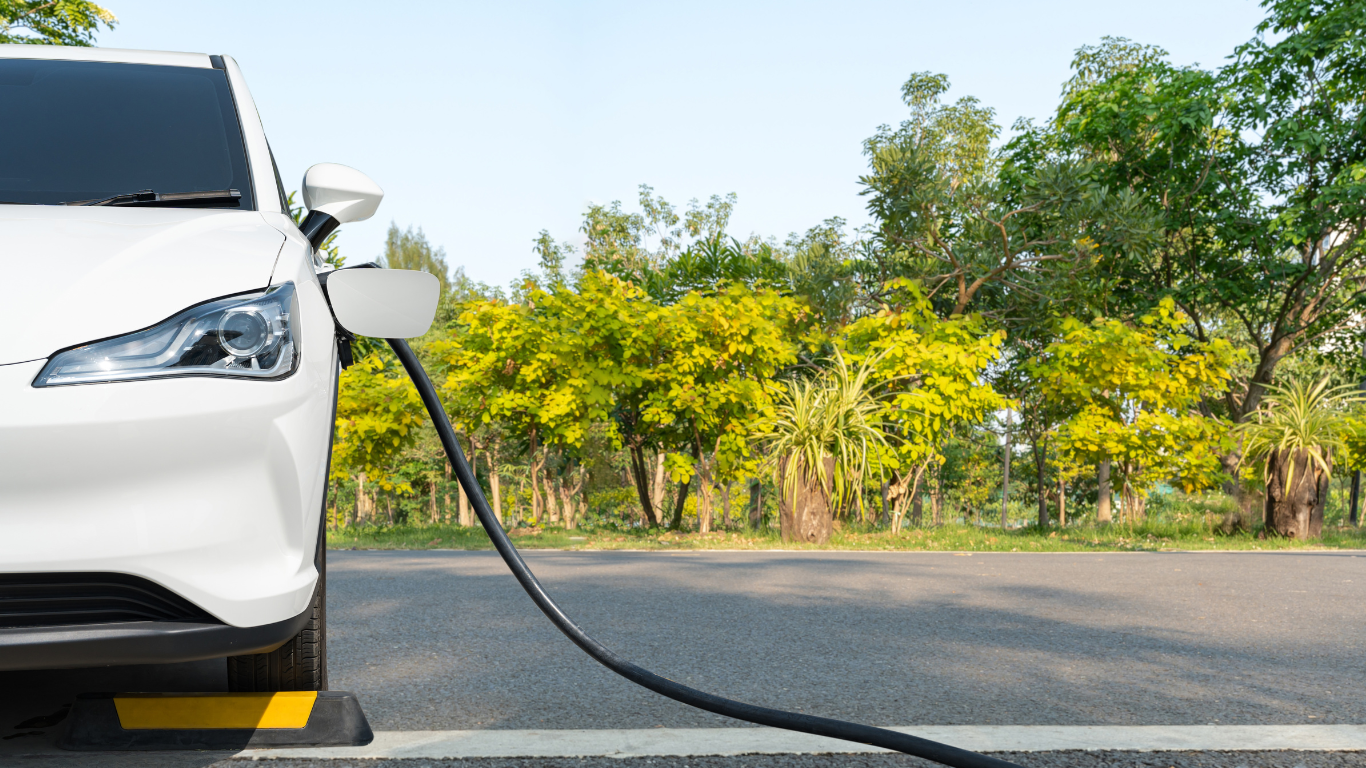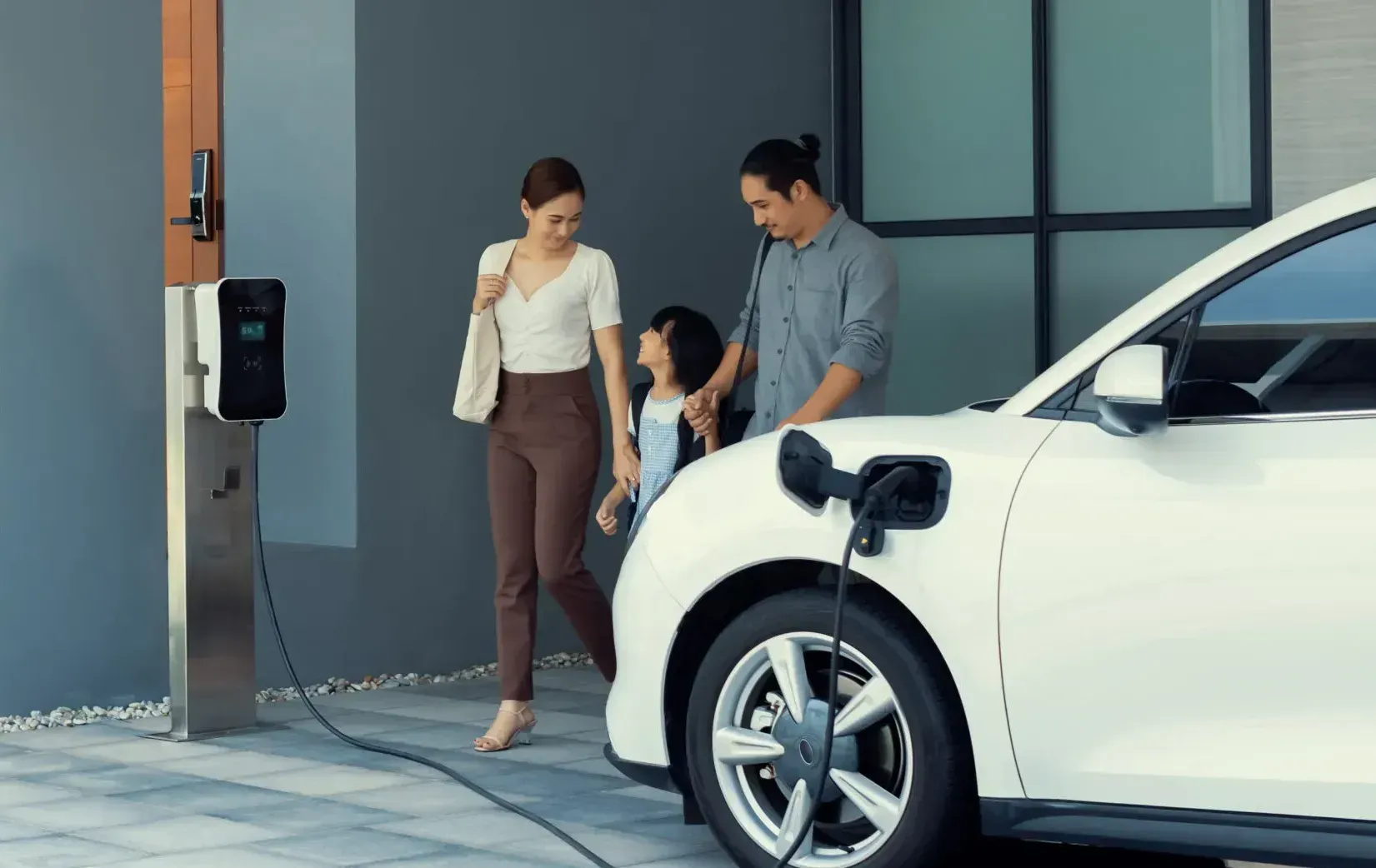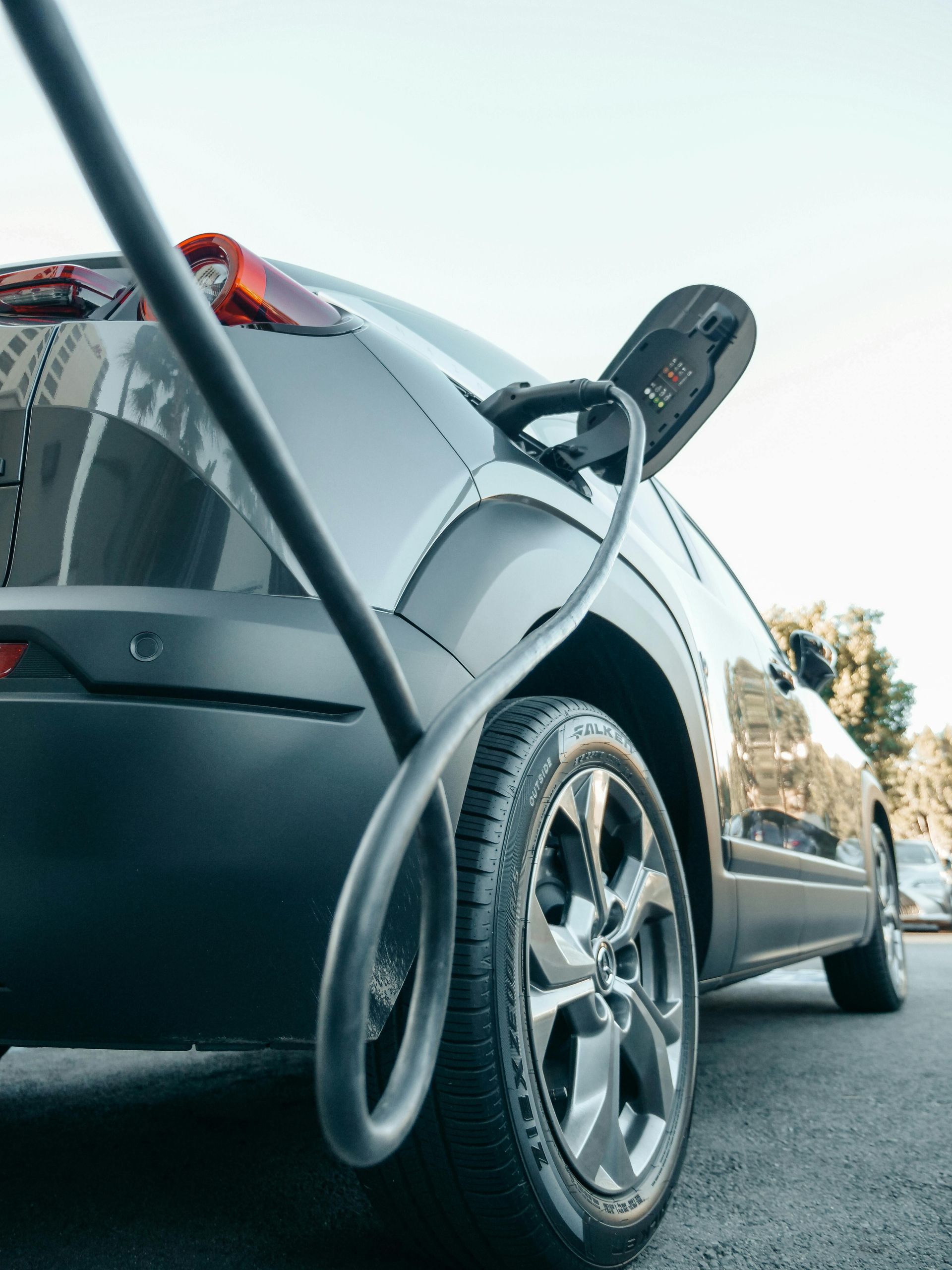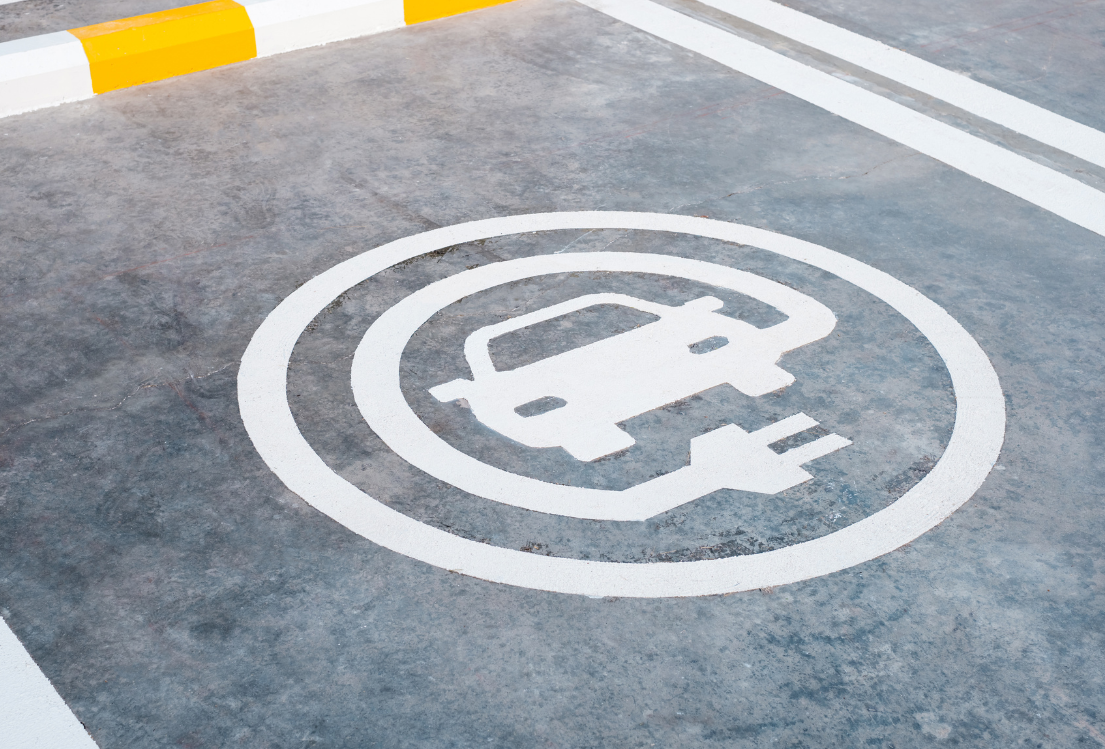How to Choose the Right EV Charger for Your Needs
This is a subtitle for your new post
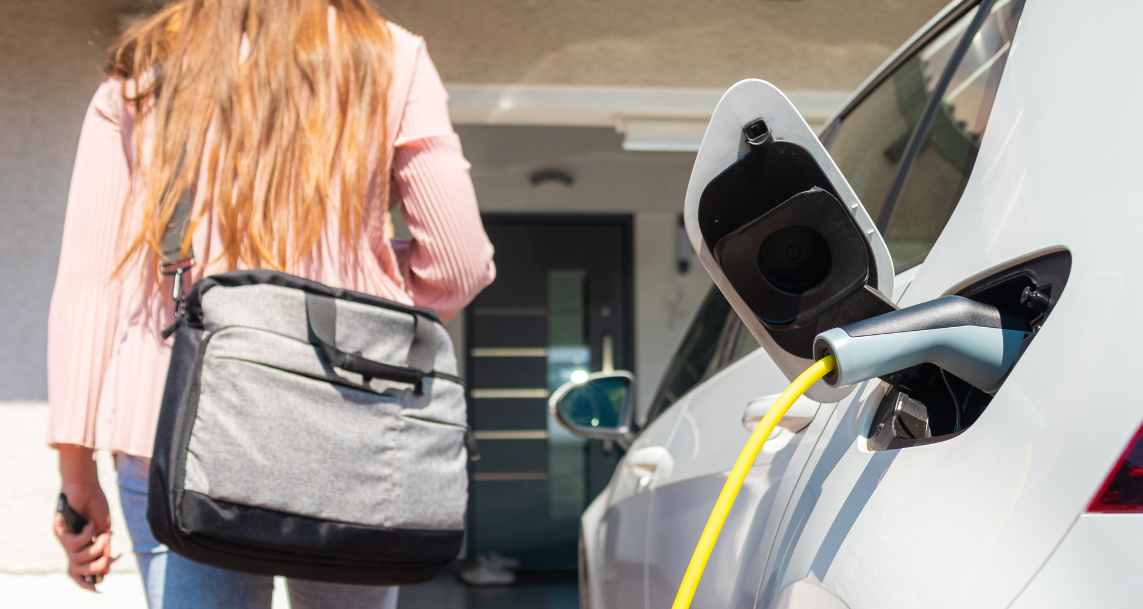
Table of Contents
Introduction
The rising popularity of electric vehicles (EVs) has made charging infrastructure a critical consideration for EV owners. While public charging networks are expanding, having a home EV charger is the most convenient and cost-effective way to power your vehicle. Choosing the right charger, however, can be overwhelming given the range of options available.
This guide will walk you through the key factors to consider when selecting an EV charger. From evaluating your driving habits and ensuring compatibility with your vehicle to understanding charging speed requirements and planning for future needs, this blog provides a comprehensive framework to help you make an informed decision.
1. Assessing Your Driving Habits
Understanding Daily Mileage
Your daily driving habits play a significant role in determining the type of EV charger you need. The more kilometers you drive, the more important it is to have a faster and more efficient charging solution at home.
- Short Daily Commutes: If you drive less than 50 km a day, a Level 1 charger (using a standard 120-volt outlet) may suffice. It can add 6–8 km of range per hour, allowing overnight charging to fully replenish your battery.
- Moderate to Long Commutes: For drivers covering 50–200 km daily, a Level 2 charger is highly recommended. These chargers deliver 30–50 km of range per hour, ensuring your EV is fully charged in just 4–8 hours.
Frequency of Charging
Consider how often you plan to charge your EV:
- Daily Chargers: Drivers who use their EV every day need a reliable and fast charging solution, such as a Level 2 home charger.
- Occasional Chargers: For occasional EV use, a Level 1 charger may meet your needs, but a Level 2 charger can still add convenience and flexibility.
Long-Distance Travel
If you regularly take road trips or cover extended distances, you’ll likely rely on public DC fast chargers during your journey. However, having a home Level 2 charger ensures your battery is topped up before hitting the road.
2. Compatibility with Your Vehicle
Understanding Charging Standards
Different EV manufacturers use various charging standards, which can impact your choice of charger. Most home chargers are compatible with the majority of EVs, but it’s important to confirm compatibility.
- J1772 Connector: This is the standard connector for most North American EVs and works with both Level 1 and Level 2 chargers.
- CCS and CHAdeMO: These connectors are typically used for DC fast charging and are relevant for public charging stations rather than home setups.
- Tesla Vehicles: Tesla uses a proprietary connector, but an adapter is included with most Tesla vehicles to allow charging on standard J1772 chargers.
Vehicle Battery Size
Your EV’s battery capacity also influences your choice of charger. Larger batteries take longer to charge, making a Level 2 charger more practical for vehicles with high-capacity batteries.
- Compact EVs: Smaller batteries (e.g., 40 kWh) can be fully charged overnight with a Level 1 charger.
- Long-Range EVs: Vehicles with 60–100 kWh batteries benefit significantly from the faster charging speeds of Level 2 chargers.
Manufacturer Recommendations
Many EV manufacturers provide guidelines for optimal charging. Following these recommendations ensures safe and efficient charging while maintaining your battery’s health.
3. Evaluating Charging Speed Requirements
Comparing Level 1 and Level 2 Chargers
Charging speed is a critical factor when choosing an EV charger. Here’s a comparison of the two most common types:
- Level 1 Chargers:
- Use a standard 120-volt outlet.
- Add 6–8 km of range per hour.
- Ideal for low-mileage drivers or as a backup charging option.
- Affordable and requires no additional installation costs.
- Level 2 Chargers:
- Require a 240-volt outlet.
- Add 30–50 km of range per hour.
- Suitable for daily drivers and vehicles with larger batteries.
- Faster and more efficient but involves installation costs.
4. Installation Considerations
Assessing Home Electrical Capacity
Before purchasing a charger, it’s essential to evaluate your home’s electrical system. A certified electrician can help determine whether your panel has sufficient capacity for a Level 2 charger.
- Dedicated Circuit: A Level 2 charger requires a dedicated 240-volt circuit to ensure safe and efficient operation.
- Panel Upgrades: Homes with older electrical panels may need upgrades to accommodate the additional load.
Installation Costs
The cost of installing an EV charger varies based on your home’s setup:
- Level 1 Charger Installation: Minimal or no cost, as these chargers use existing outlets.
- Level 2 Charger Installation: Installation costs typically range from $500 to $2,000, depending on the complexity of the work and any necessary panel upgrades.
5. Future-Proofing Your Charger Choice
Planning for Future Vehicle Purchases
If you plan to upgrade your EV or add more electric vehicles to your household in the future, choosing a higher-capacity charger now can save you time and money later.
- Higher Amperage Chargers: Opt for a charger that supports 40–50 amps to accommodate future EVs with larger batteries or faster charging capabilities.
- Multiple Vehicles: Consider chargers with dual ports or the ability to manage multiple charging sessions if your household has or will have multiple EVs.
Conclusion
Choosing the right EV charger is a crucial decision that impacts the convenience, efficiency, and long-term value of your electric vehicle. By assessing your driving habits, understanding your vehicle’s compatibility, evaluating charging speed requirements, and planning for future needs, you can make an informed choice that aligns with your lifestyle.
Ready to find the perfect EV charger? Contact My EV Experts today for personalized recommendations and professional installation services. Let us help you power your electric journey with confidence!

